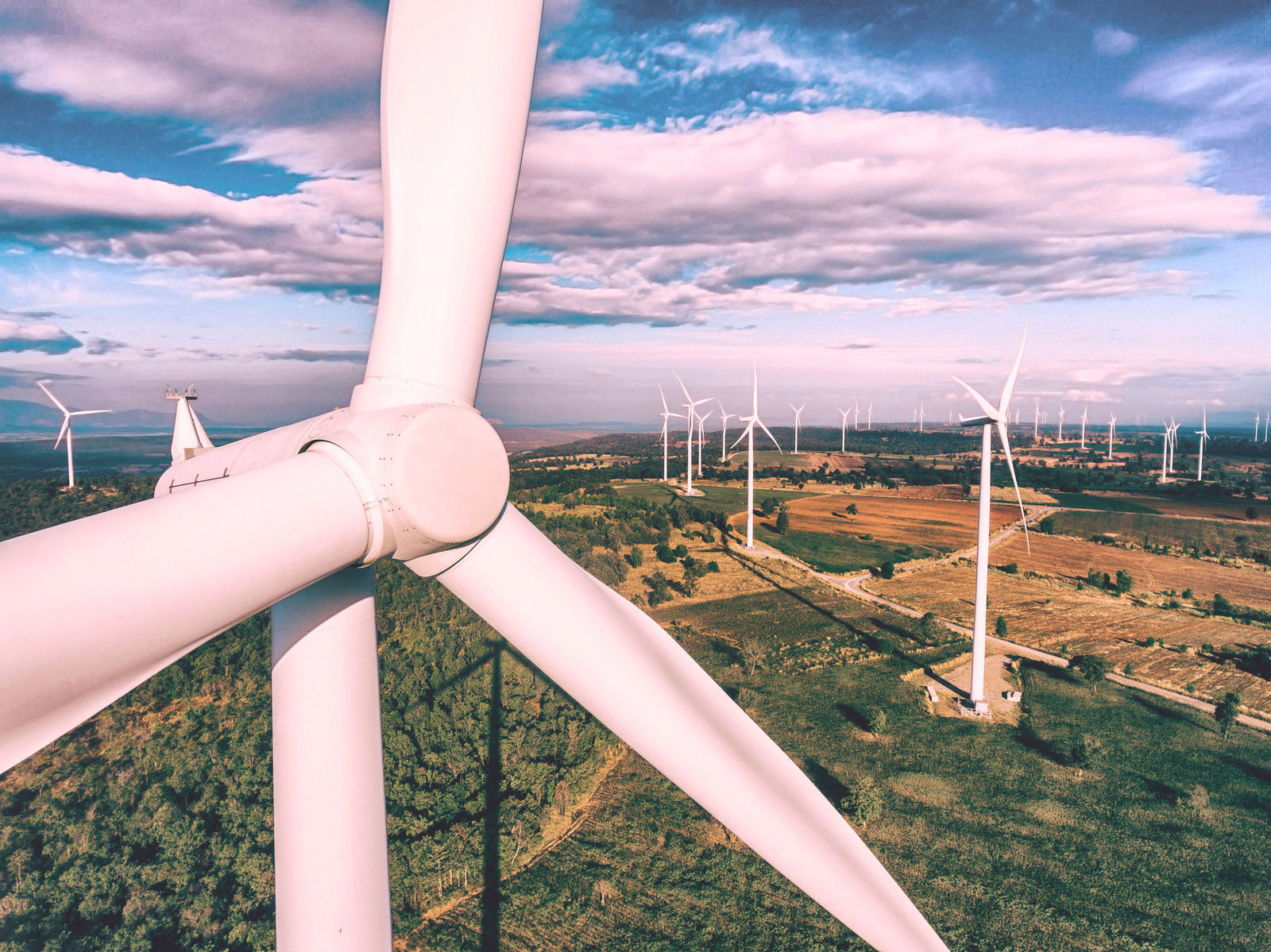Along with the launch of the ID., Volkswagen is strategically tightening up the entire value chain with the aim of avoiding and reducing CO2 emissions, and complying with social standards. This starts with raw materials supply and finishes with the product. In turn, we therefore expect maximum transparency and provision of information from our suppliers in relation to compliance with the agreed sustainability standards. So that we can identify potentially suspicious cases, Volkswagen has already identified more than 500 mines and smelting facilities in order to further enhance transparency for the production of relevant raw materials.
Sustainability as selection criterion
Volkswagen intends to ensure that environmental and social standards at business partners are taken into account with binding effect. In future, there will therefore be a sustainability rating which is to include the assessment of suppliers. The rating means that sustainability will constitute an equally important selection criterion with the same status as cost, quality, technological expertise and innovative strength.
The complexity and global alignment with more than 40,000 direct suppliers across the world make compliance with environmental and social standards along the entire supplier chain a function that even large groups are unable to monitor satisfactorily on their own. As a consequence, Volkswagen participates in cross-sector initiatives such as the working group “Drive Sustainability” with other international automobile manufacturers in order to achieve even more transparency in the supply chain. Volkswagen is also a founding member of the Global Battery Alliance of the World Economic Forum. This is an alliance between Volkswagen and partners like UNICEF and the Organisation for Economic Development (OECD) that carries out work on areas such as joint standards for sustainable production of raw materials for batteries.
